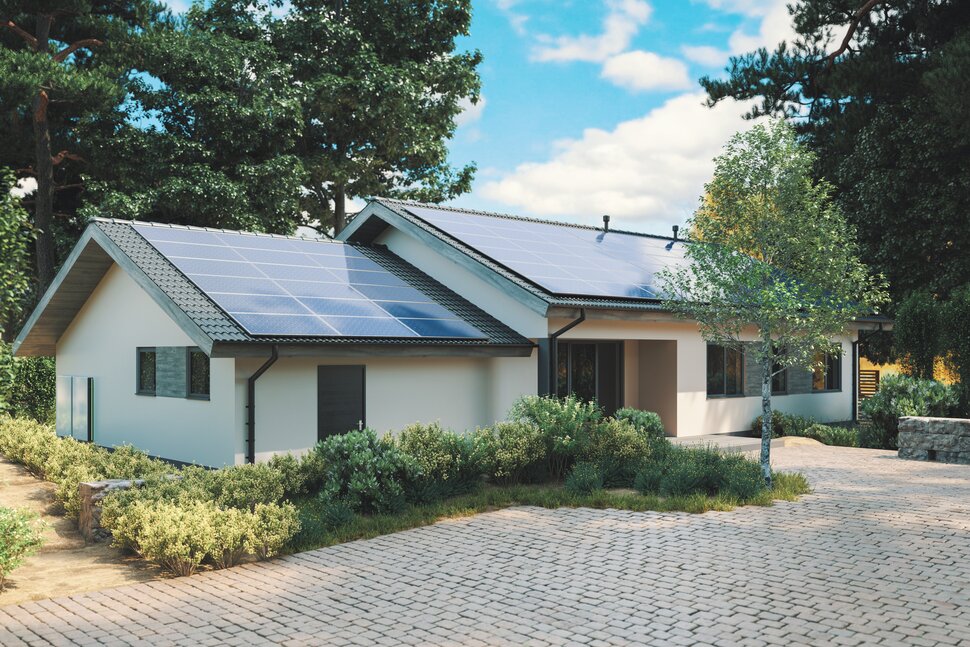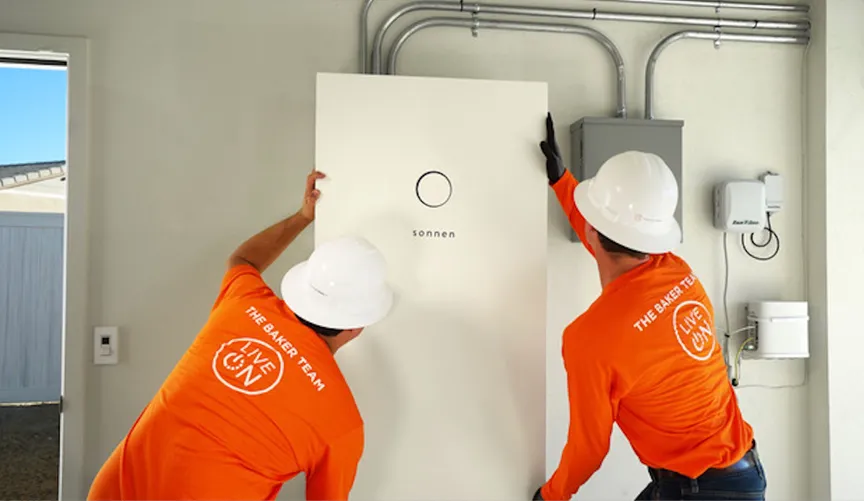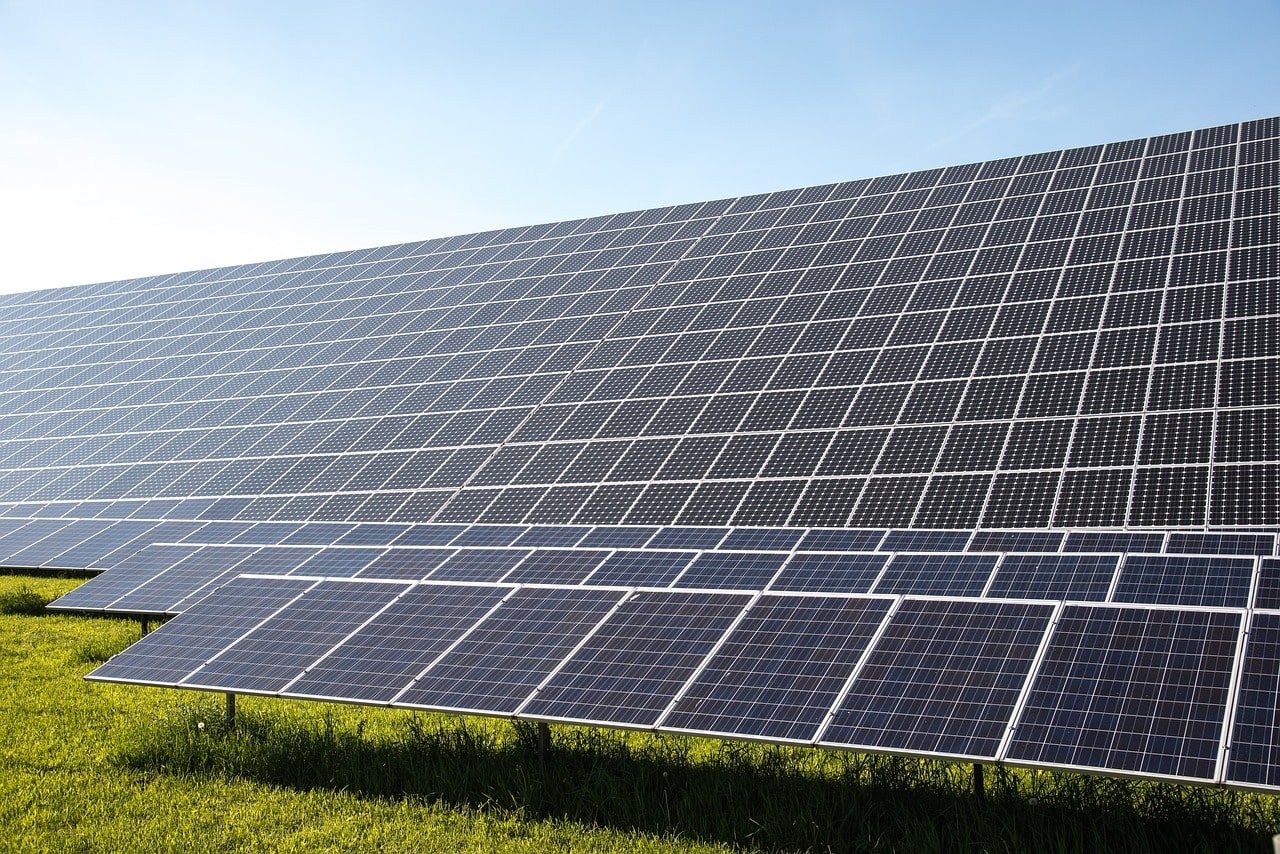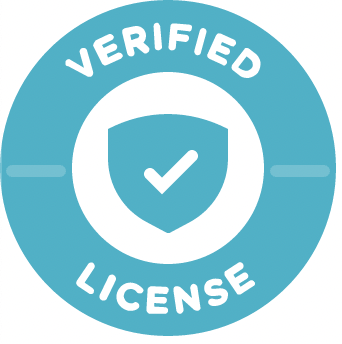Buying a home has always been a complicated process. There are a lot of parts to a house that contribute to its ultimate fit to your personal needs, including the intangibles like the general vibe that the neighborhood puts out. You’ll be making important decisions about whether or not you want to own a pool, or, these days, a solar array.
If you’re considering buying a house with an existing solar panel system, you need to go into that decision well-informed. A solar power system can be a huge benefit or a massive liability depending on your needs and the system itself.
Buying a House With a Solar Panel System
Choosing a home with a solar array means choosing one that may require more maintenance over time, just like you’d have more maintenance with a pool or a hot tub or even an extra garage. The more parts to the property, the more things you have to take care of. Unlike garages and pools, though, solar arrays are relatively newer additions that a lot of homeowners aren’t familiar with.
Most people know that solar power systems can help them save money, but fewer can tell you exactly how much of a benefit that actually is. The truth is that it depends heavily on where you live and what your power rates are like, but in many places, solar power systems can be significant cost-savers.
“Owning a solar system creates ‘price certainty’ for a homeowner. In Arizona, electric rates go up an average of 1.5% to 2.0% a year,” says Robert Joffe, associate broker and founder of the Joffe Group at Launch Real Estate in Scottsdale, Arizona. “The cost per kilowatt of your solar energy is built into the original cost of the system, so that charge remains flat over the life of the system.”
Although it seems like that’s a no-brainer, solar power systems aren’t automatically a benefit.
“The downside of owning a system is twofold,” says Joffe. “First, the electric utility will usually charge solar customers a grid usage charge and higher rates for power used at peak times of the day than traditional home customers. Second, future resale can be affected. Solar systems aren’t desired by everyone. When it comes time to resell the home, it may be to a small pool of prospective buyers.”
Is the System Leased or Owned?
Not every solar power system you’ll encounter as a buyer will be owned by the home’s seller, however. Many are financed, leased from various companies or part of an arrangement where a solar company owns the panels and the homeowner agrees to buy the solar power generated from the system on their home, known as a power purchase agreement (PPA). These leases and PPAs can be tied to the home indefinitely, forcing a new owner to agree to these terms if they want to buy the house.
In some cases, you can remove one of these systems after purchase, but there are generally additional fees involved. You should be very aware of the solar agreements that are tied to those panels before you make an offer, including any agreement termination fees.
“If the system is leased, you would want to get a copy of the solar lease agreement to see the terms of the lease,” says Joshua Massieh, CEO of Pacwest Funding and Real Estate LLC in San Diego, California. “For leased solar, you do not own the solar panels or system. You are just allowing a company to place the system on your home and in return you receive a lower cost of energy for the energy the system produces than you would from the power company.”
What do you do if the house you love has a solar power lease that you absolutely do not want to be involved in? You might be able to ask the seller to buy the system for you.
“At times there might be an option at the end of the lease for you to purchase the system,” says Massieh. “This is also something that might be negotiable when purchasing the home as the potential buyer can make it part of their offer that the seller pays off the solar financing at the close of escrow and then, once you close, the system becomes owned outright and you have no monthly payments for it.”
What’s a PACE Assessment?
Another situation that can be associated with solar arrays on residential homes are Property Assessed Clean Energy (PACE) assessments. This is essentially an additional burden placed against the home to pay for the solar system over its lifetime. They’re not automatically problematic, but it’s vital to balance the cost versus the benefit of the solar array.
“A PACE provider works with cities or states to issue bonds,” says Ben Talplacido, vice president of brand strategy and marketing for Sunflare in Los Angeles, California. “The money is provided for homeowners as loans to pay for equipment and installations and is added to your property tax liability. Something to consider is that it does qualify as a tax lien and has priority over any other loan on the property, including the mortgage. The overall cost depends on the property tax assessment and also the price of the equipment and installation.”
Dealing With Older Solar Systems
Even if the solar array is one that you’re happy to have and it seems to be providing a benefit to you in the transaction, other problems can crop up. Because solar panels have a typical lifespan of about 25 years, many have been installed by companies that are no longer around.
That company won’t be able to service your panels anymore, but finding someone who can isn’t always easy. Solar arrays can be very different between manufacturers and many installers specialize in just one or two types. So what do you do?
“If a buyer is considering purchasing a house with an existing solar array and the installation company is no longer in business, they can take several steps to ensure the system will operate properly for years to come,” says Josh Dotoli, principal of the Dotoli Group at Compass Florida in Fort Lauderdale, Florida. “The first step is to find out who made the solar panels and other components of the system. If possible, contact the manufacturer and inquire about any warranties that may apply to the system. If a warranty exists, make sure all of the necessary paperwork is in order and speak with the manufacturer about any servicing needs for the components.
“The next step is to contact local solar installers who are knowledgeable about the specific type of solar array installed on the house. Ask them if they would be willing to inspect the system and repair any issues if necessary. Be sure to get a written estimate of their services so that you can compare different quotes before making a decision.”
The Bottom Line: Approach With Caution
Choosing a home with a solar array may set you up for big energy savings over time, but only if the system is right for your lifestyle. Owned, leased or otherwise, the benefit you realize is going to be based heavily on your own energy usage and agreements with your local power company and any solar panel companies that might be involved.
Take the time you need to evaluate these homes before making an offer, even if it means risking losing the opportunity to buy that house you’ve had an eye on. Solar systems can be long-term commitments with ramifications for decades to come.





